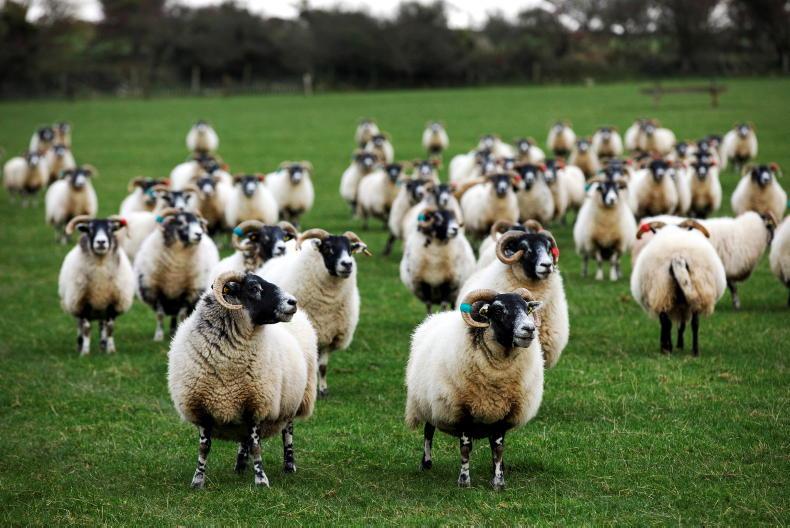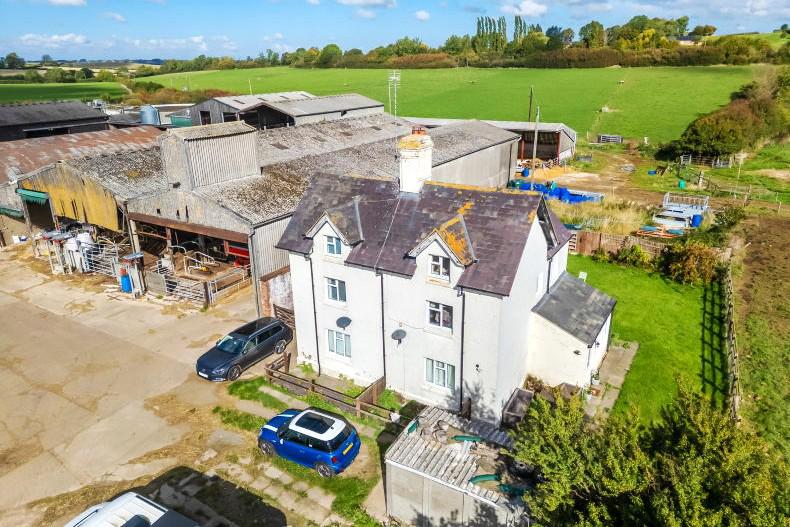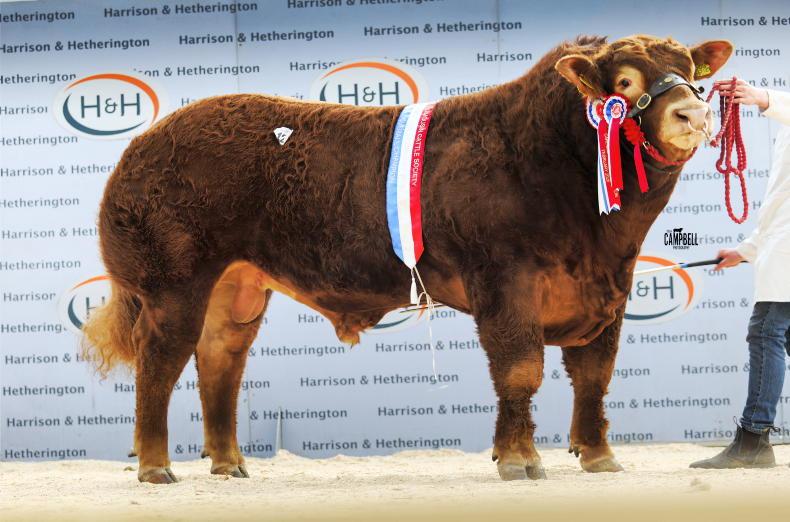A package of measures announced on Wednesday will ease the operation of the Northern Ireland (NI) Protocol and make a real difference on the ground, European Commission vice-president Maros Šefcovic has claimed.
Among the headline issues are proposals to simplify certification and reduce physical checks on retail goods moving from Britain to NI.
According to EU documents, this “is the current main concern of the UK government and stakeholders”.
However, some of the key issues that have impacted NI farmers since post-Brexit arrangements came into force at the start of 2021 received only a fleeting mention in supporting papers and, in truth, told us little we didn’t already know.
Movement of breeding sheep
One of those issues is the movement of breeding sheep from Britain to NI.
Under current rules, the accompanying health certificate requires that the sheep come from scrapie-monitored flocks, of which there are very few in Britain. Work is “ongoing on a solution”, an annex to an EU document reads.
In addition, NI pedigree breeders who normally sell stock at specialist sales in Britain have been put off by a requirement that animals coming back to NI must be resident in Britain for at least six months. If a bull is unsold, it cannot come straight home.
It is a similar issue for breeders who take animals to shows in Britain.
In June 2021, the Commission confirmed that it is “working on a regulatory solution to facilitate the swift return of livestock to NI from exhibitions or trade fairs in Great Britain”.
There is nothing additional to this in the documents published on Wednesday. Nor is there any mention of facilitating the trade in seed potatoes from Britain to NI.
Retail
Instead, much of the EU proposals centre around retail goods, which have benefited from a number of so-called grace periods to date, allowing plant and animal products to be moved to NI without the need for health certificates to accompany each individual item.
The EU plan for a more permanent arrangement would allow one official certificate to accompany a supermarket load, as long as all the products on the load meet the requirements of EU legislation.
Where a consignment includes a product (such as chilled meats) that is either prohibited or restricted in the EU market, it would need its own official certificate.
Goods would also have to be labelled as being for sale “only in the UK”, and must be made from primary products originating either in the UK (in accordance with the UK-EU trade deal) or EU27. Products from third countries (outside the UK or EU) must not end up in NI.
On the basis that the UK and EU would agree to these proposals, the frequency of identity and physical checks on plant and animal products at border control posts in NI could be reduced.
The initial indications are that the EU proposals fall short of UK demands to replace the NI Protocol. Both sides are now expected to enter into another period of intense negotiations.
Read more
Brexit collision course
MLAs vote in favour of EU vet deal
A package of measures announced on Wednesday will ease the operation of the Northern Ireland (NI) Protocol and make a real difference on the ground, European Commission vice-president Maros Šefcovic has claimed.
Among the headline issues are proposals to simplify certification and reduce physical checks on retail goods moving from Britain to NI.
According to EU documents, this “is the current main concern of the UK government and stakeholders”.
However, some of the key issues that have impacted NI farmers since post-Brexit arrangements came into force at the start of 2021 received only a fleeting mention in supporting papers and, in truth, told us little we didn’t already know.
Movement of breeding sheep
One of those issues is the movement of breeding sheep from Britain to NI.
Under current rules, the accompanying health certificate requires that the sheep come from scrapie-monitored flocks, of which there are very few in Britain. Work is “ongoing on a solution”, an annex to an EU document reads.
In addition, NI pedigree breeders who normally sell stock at specialist sales in Britain have been put off by a requirement that animals coming back to NI must be resident in Britain for at least six months. If a bull is unsold, it cannot come straight home.
It is a similar issue for breeders who take animals to shows in Britain.
In June 2021, the Commission confirmed that it is “working on a regulatory solution to facilitate the swift return of livestock to NI from exhibitions or trade fairs in Great Britain”.
There is nothing additional to this in the documents published on Wednesday. Nor is there any mention of facilitating the trade in seed potatoes from Britain to NI.
Retail
Instead, much of the EU proposals centre around retail goods, which have benefited from a number of so-called grace periods to date, allowing plant and animal products to be moved to NI without the need for health certificates to accompany each individual item.
The EU plan for a more permanent arrangement would allow one official certificate to accompany a supermarket load, as long as all the products on the load meet the requirements of EU legislation.
Where a consignment includes a product (such as chilled meats) that is either prohibited or restricted in the EU market, it would need its own official certificate.
Goods would also have to be labelled as being for sale “only in the UK”, and must be made from primary products originating either in the UK (in accordance with the UK-EU trade deal) or EU27. Products from third countries (outside the UK or EU) must not end up in NI.
On the basis that the UK and EU would agree to these proposals, the frequency of identity and physical checks on plant and animal products at border control posts in NI could be reduced.
The initial indications are that the EU proposals fall short of UK demands to replace the NI Protocol. Both sides are now expected to enter into another period of intense negotiations.
Read more
Brexit collision course
MLAs vote in favour of EU vet deal










SHARING OPTIONS